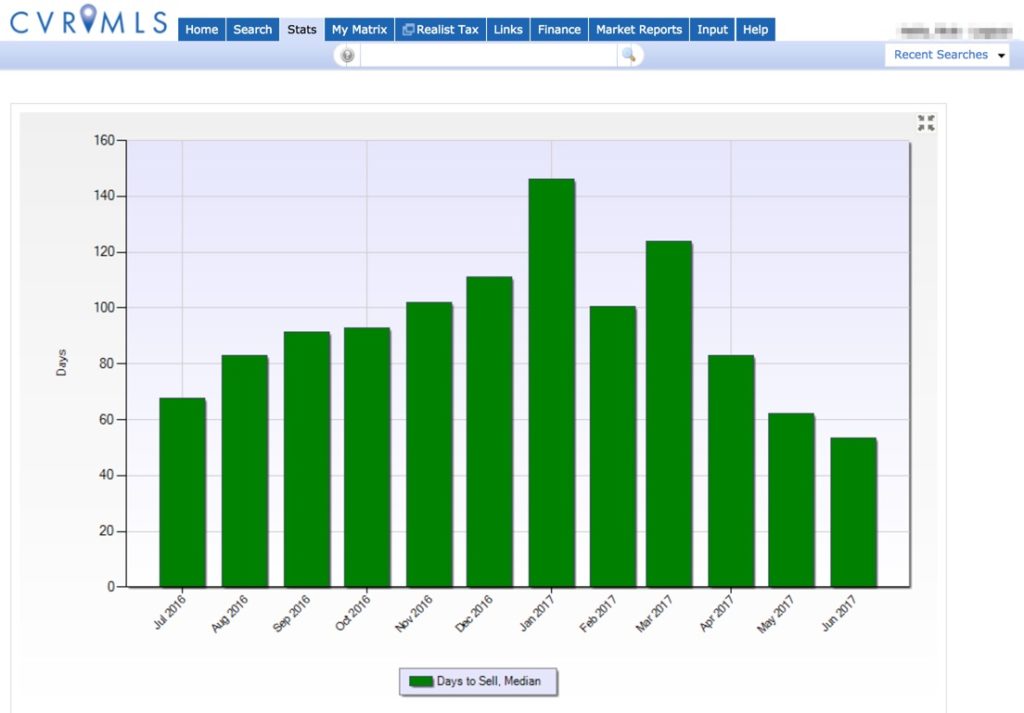Taking the first steps towards buying a Bay property can be intimidating for many people.
Maybe you aren’t familiar with the area, or maybe you’re having trouble choosing between Mobjack Bay and the Rappahannock River. Maybe you just don’t even know what you’re looking for yet. For whatever reason, you have no idea where to start, and we are here to help.
As you begin your journey, here are a few things we recommend taking into consideration…
Choosing a Realtor
You should interview several Realtors in order to find one that you like best.
Don’t feel obligated to work with the first realtor you meet. Look into their background and determine if they are buyer-based or seller-based.
- Do they have area(s) of expertise?
- Do they have a weekend home someplace or have they spent their lives in a particular location?
- Do they specialize in a specific type of property?
- Do they work full time or do they treat real estate like a hobby?
What you’re really looking for is whether or not they have a bias towards a certain asset type or geographic location that could sway their advice. Many agents do specialize to some extent; however, you still want to see if they can offer unbiased guidance.
If they can’t, find a new realtor. You want opinion, but you don’t want persuasion.
MLS vs. Trulia/Zillow/Realtor.com
You should get set up IMMEDIATELY on the local MLS’s version of a Client Gateway or Portal.
The Bay River region has its own MLS service that offers a direct link to MLS which can only be set up by a Realtor. It will give you immediate notification if a property falls within the set parameters.
You want accurate information, so don’t waste your time chasing outdated listings on Trulia or Zillow.
Leave No Stone Unturned (within reason) Initially
Additionally, you want to set broad parameters (features, price, location) AND set the MLS Portal up to include both PENDING and SOLD properties. I can feel my realtor comrades shudder as I write this…but it is true…at least to start with.
- Why use broadly defined searches? Because every property is related, and knowing what’s happening in other areas and price points is crucial. Similarly, sometimes the best deals are ‘value add’ in some way; when you define your search narrowly you miss those opportunities.
- Why include Pending and Sold Inventory? Tracking how quickly properties sell when they enter the market tells you a great deal about the market strength. Follow this closely.
Don’t Be Afraid to Ask Questions
Talk to everyone you can about the area.
What makes it unique? Is it history? Proximity to a shopping center? Architecture? Near a marina? Near the Tides Inn?
Let’s say you are having trouble deciding between a waterfront, water view, or water access property (all of which are prevalent Bay options) — asking for local opinions would be especially helpful. Each person will have a different experience, and they will all try to convince you why they live in the best place.
Let them do it…there is a plethora of useful information in these little anecdotes. Use the opportunity to build your Bay knowledge.
Crunch the Numbers
Quickly find inventory graphs to better understand what’s going on in the market.

Although sold and pending properties can be helpful, seeing how inventory and pending sales are tracking will tell you a lot more about market strength. This way you will be able to better gauge current sales rates and how long the current for-sale inventory might last. Ask your agent about this information — they should have access to it.
When it comes to calculating what you can afford, flood insurance will be an important expense to include in your budget. For some properties located within the Chesapeake Bay watershed, flood insurance can cost upwards of $1,000 per year. We do not mention this to scare you; however, we do want you to have a realistic set of expectations. Getting in contact with a seasoned local lender who is familiar with the region and can assist you will be immensely important — ask your agent for a referral. Leveraging your realtor’s relationships will make the entire process that much easier (more on this in a moment).
Keep Your Eyes and Ears Open
Follow the local newsfeeds to get a sense of the local happenings (such as BayJournal.com). Neighborhood pages (like Rappahannock News or Gloucester-Mathews Gazette-Journal) can also give you a quick taste of local flavor. I
t is all a part of understanding the ins and outs of a new region.
Take Advantage of Your Realtor’s Connections
Get a recommendation from your Realtor for a LENDER (and attorney) and make sure they are acquainted with one another. For an agent, it’s much easier to mitigate a last minute closing problem by knowing who to call rather than knowing what to say. We (realtors) are dedicated to providing fabulous service for our clients, so we’re more than happy to point you in the right direction.
And for a place like the Chesapeake Bay, the way housing is bought and financed is different. Second homes and investment properties make up a large part of the purchases here and the loan products required are different. The local lenders know this and can offer the best financing advice to clients. The rates that you see advertised online or through your local credit union are generally for primary residences — not vacation homes. Make sure to use lenders familiar with the Bay market.
Ask your agent for a list of local lenders. Not only will they have access to the best loan products, but they will also know what they are doing. During your search, you’ll find plenty of mortgage outfits promising ridiculous rates and low closing costs in order to hook you (they are stretching the truth). Keep in mind, when something goes awry right before closing (they always do), your agent should know who to call to get things running smoothly again. We also sincerely believe that when a lender is deciding which file to work on, it’s almost guaranteed they will choose the file that came from a valued referral source first and all of the others second. You want to be the ‘priority’ file.
Bring Your “A” Game
One of the most important things you can do is pay attention. Keep up with new notifications and try to figure out if a new listing will sell quickly or slowly to test your understanding of the market. If you get to the point where you can identify which properties are more likely to sell quickly, you are getting the hang of it.
Most importantly, take advantage of the information available to you and build a quality team who has experience working together. If you surround yourself with outstanding people and do your homework, it should be smooth sailing.





